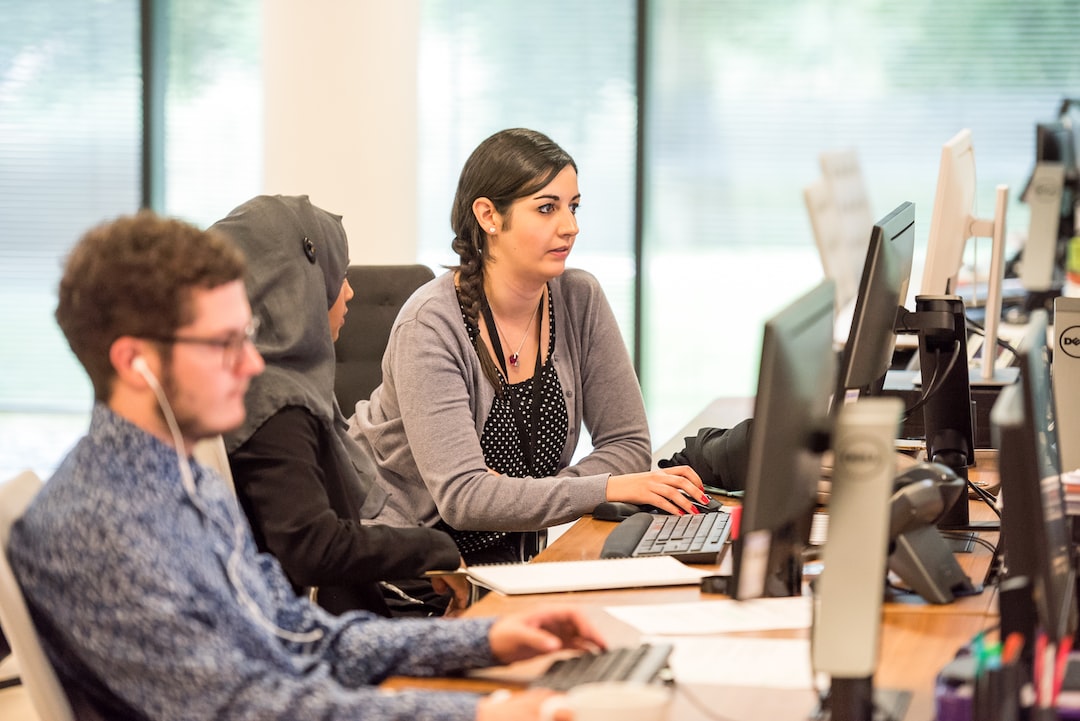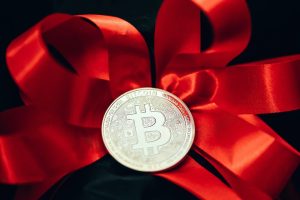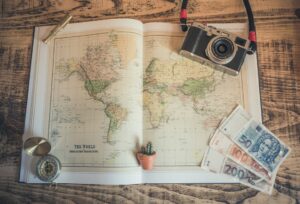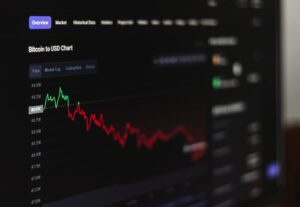Forex Machine vs. Human Trader: Which is Better for Your Trading Strategy?
The advent of technology has brought about significant changes in the financial markets, including the foreign exchange (forex) market. With the rise of algorithmic trading, also known as automated or machine trading, a debate has emerged: which is better for your trading strategy – a forex machine or a human trader?
Forex machines, or trading robots, are computer programs that execute trades automatically based on pre-defined rules and algorithms. These robots are designed to analyze market data, identify trends, and execute trades without any human intervention. On the other hand, human traders rely on their experience, intuition, and analytical skills to make trading decisions.
One of the key advantages of forex machines is their ability to process vast amounts of data in a fraction of a second. These machines can scan multiple currency pairs, analyze various technical indicators, and identify trading opportunities that may not be immediately apparent to human traders. Moreover, machines are not prone to emotions, which can often cloud judgment and lead to irrational trading decisions.
Another advantage of forex machines is their consistency. Once programmed, these machines will execute trades precisely according to the defined rules, without any deviation. This can be especially beneficial for traders who struggle with discipline or are prone to making impulsive decisions. Machines can help eliminate human error, ensuring that trades are executed consistently.
Furthermore, forex machines can operate 24/7, allowing traders to take advantage of global markets even when they are not actively monitoring the markets. This can be particularly useful for traders who have other commitments or cannot dedicate their full attention to trading. Machines can continuously monitor the market for trading opportunities and execute trades automatically, ensuring that no potential profit is missed.
Despite these advantages, there are certain limitations to forex machines. Firstly, machines rely solely on historical data and patterns, which may not always accurately predict future market movements. They cannot adapt to sudden changes in market conditions or events that are not captured by their algorithms. This can lead to losses if the market behaves differently than anticipated.
Moreover, forex machines lack intuition and the ability to interpret qualitative factors that may influence market sentiment. Human traders can assess news events, economic indicators, and geopolitical developments, which can have a significant impact on currency prices. Machines, however, are limited to quantitative analysis and cannot incorporate these qualitative factors into their decision-making process.
Human traders also possess the ability to learn and adapt over time. They can analyze their trading performance, identify weaknesses, and make adjustments to their strategy. Machines, on the other hand, can only operate within the confines of their programming. They cannot learn from their mistakes or adapt to changing market conditions without manual intervention.
Furthermore, human traders can exercise judgment and make decisions based on their unique insights and experiences. They can take into account their risk tolerance, trading goals, and personal circumstances, which machines cannot replicate. The human element in trading allows for creativity and flexibility, which can be crucial in navigating unpredictable market conditions.
In conclusion, both forex machines and human traders have their advantages and limitations. Machines offer speed, consistency, and the ability to process vast amounts of data, while human traders bring intuition, adaptability, and the ability to interpret qualitative factors. The ideal approach may lie in combining the strengths of both – utilizing forex machines for data analysis and trade execution, while allowing human traders to provide oversight, adaptability, and intuition. Ultimately, the choice between a forex machine and a human trader depends on individual preferences, trading style, and the specific requirements of a trading strategy.






